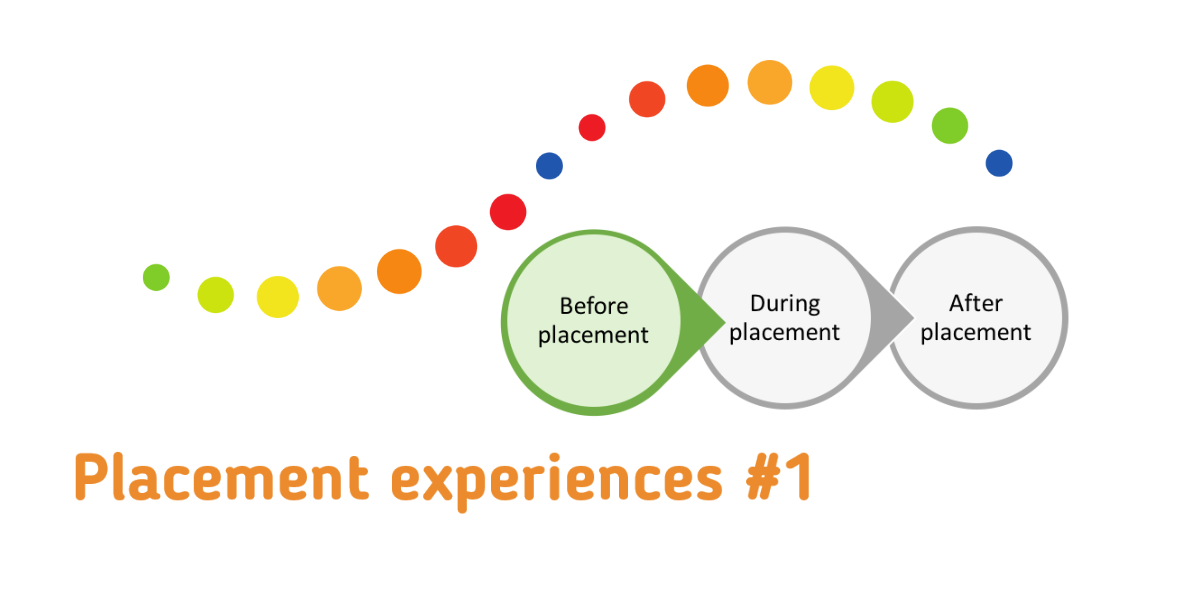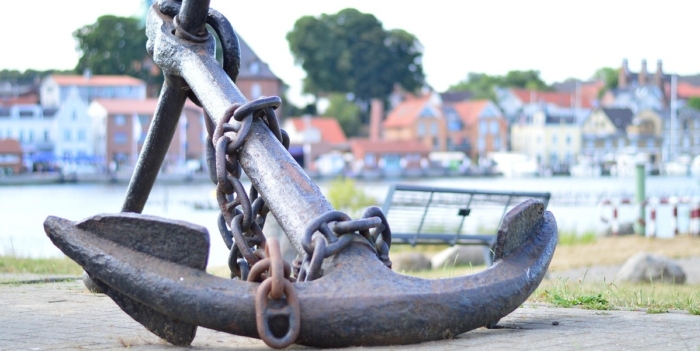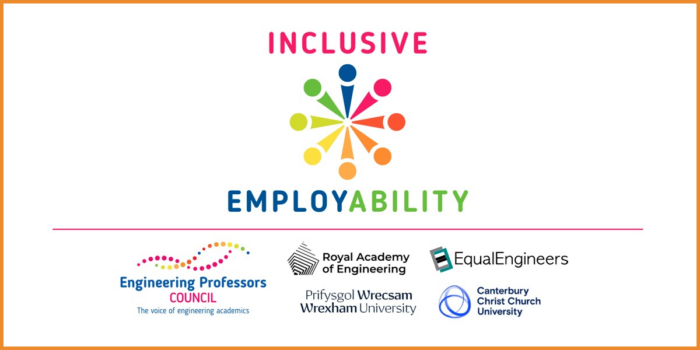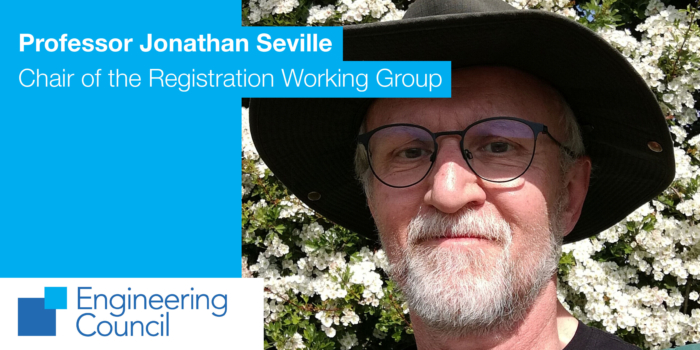![]()
Your Placement Journey Toolkit is designed to support you to get the best from your placement experience. It will help you to think about your placement, looking at your expectations, recognising your own responsibilities alongside those of your university and placement provider.
Aligned with the Engineering Placements Toolkit, designed for education institutions and employers, this toolkit aims to support your placement experience in three key stages: before, during and after placement.
Ana Miarnau is a mechanical engineering undergraduate at University of Bath. She had an international one-year placement at a research organisation in Switzerland. Initially, she was not meant to do a placement, but after speaking to students at the university who had been on a placement before, Ana thought it was a good idea to get work experience before graduating and increase their chances of finding a good job once graduated.
What did you enjoy the most and the least in your placement?
Overall I think it was absolutely fantastic. I was really lucky because I had a really good line manager that pushed me in different directions and gave me different projects on a range of topics. And I worked in a very international environment, which I really like, and interdisciplinary, which meant one day I was working with a physicist, the next day with software engineers. Also, what I really liked was that in general, sort of with respect to the university, it’s given me definitely really good time management skills and it also helped me to take my course a bit more seriously and appreciate it more. Whereas in the first and second years you just go along with whatever is given to you, I think this year back to university has definitely been different. My time management is better and I am enjoying it more, too.
The worst parts… I can’t really think of any. Maybe in the beginning, when I was given a project that was quite outside the scope of my studies because it was more electrical engineering based, and it was a little bit frustrating. But I soon talked to my supervisor and got moved to another project, and from then onwards I really enjoyed it.
What do you consider to be the 3 most important features of a quality placement?
I would say having enough work to do, because I did have maybe one week where I had almost no work to do and it can be really frustrating. So, having good quality and good quantity of work to do.
Secondly, having a good team or a good line manager is very important. I know other students who went to other placements and I think they didn’t enjoy it as much as I did.
And then the last one, maybe having good work-life balance. Being in Switzerland, I definitely had a really good work-life balance, and I think you really appreciate that while doing a placement.
Has this experience benefited your professional and educational life?
Definitively yes, to a very very large extent, I would say. As I said before, I think I’ve become more interested in my own course. And then, as a person, it has made me more mature and given me a better idea of what I want to do next. I still have some doubts from time to time, but now, at least, I know what I enjoy doing, and what I am looking for in a job. So it really has benefited me.
What 3 key pieces of advice would you like to share with fellow students?
I would say don’t be afraid to ask questions. In fact, ask as many questions as you can, even if they’re completely off topic.
Also, I would say, try and find opportunities for yourself. When I had that week where I didn’t have too much work to do, I didn’t sit and wait until work was coming to me. I went around to my other colleagues, who I wasn’t working with, but I just went around and asked them if there was anything that I could help them with. So, have the initiative and look for opportunities for yourself.
And then, the last one, would probably be to ask for lot of feedback and have a good communication with your line manager, because if something is not working, then that can help a lot. And if everything does seem to be working fine, then at least you can get tips on what to improve or what you can do better in the future.
Any views, thoughts, and opinions expressed herein are solely that of the author(s) and do not necessarily reflect the views, opinions, policies, or position of the Engineering Professors’ Council or the Toolkit sponsors and supporters.




